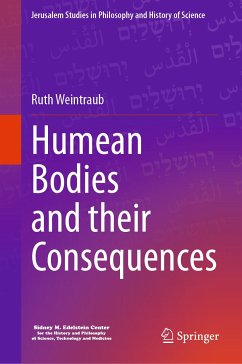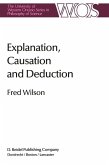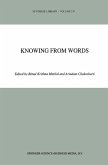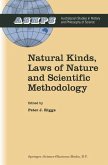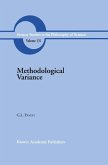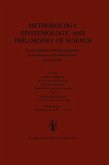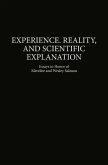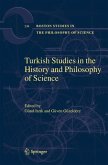This book defends the very contentious Idealist interpretation of Hume on external objects, and draws from it far-reaching metaphysical and epistemological consequences for Hume's philosophy. Its interest is both interpretive and analytic. The content Hume ascribes to the belief in "bodies" is susceptible to more than one reading, and has not been systematically considered. Upholding the Idealistic interpretation is interesting in its own right, but also yields several important conclusions about the spatiality of objects, causation, Hume's "science of man" and his epistemology. For instance, it argues that the Idealist reading means that there are no cross-temporal spatial relationships, and that the (more prevalent) Materialist reading takes Hume further away from methodological empiricism than does the Idealist counterpart, and may render his practice less in conformity with his official methodology.
Dieser Download kann aus rechtlichen Gründen nur mit Rechnungsadresse in A, B, BG, CY, CZ, D, DK, EW, E, FIN, F, GR, HR, H, IRL, I, LT, L, LR, M, NL, PL, P, R, S, SLO, SK ausgeliefert werden.

